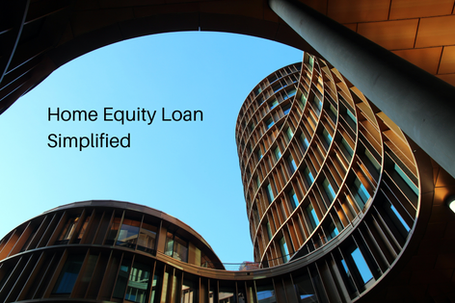What Is a Home Equity Loan?
A home equity loan is a type of consumer debt. This type of debt allows homeowners to borrow against the equity in their residence. The loan amount is calculated based on the difference between the home’s current market value and the homeowner’s mortgage balance due. Home equity loans come in two varieties—fixed-rate loans and home equity lines of credit. (HELOCs).
How a Home Equity Loan Works
Essentially, a home equity loan is a mortgage. The amount of equity you hold in your property acts as collateral for the lender. The amount a homeowner is allowed to borrow will be partially based on a few factors including: combined loan-to-value (CLTV) ratio of the home’s appraised value, the amount of the loan, and the rate of interest charged. Many of these factors will vary such as the interest charged (depends on the borrower’s credit score and other factors).
Similar to a conventional mortgage, traditional home equity loans too have a repayment term. Standard payments are made covering both principal and interest. Additionally, if the loan isn’t paid off, the property could be sold to cover the remaining debt.
Fixed-Rate Loans vs. Home Equity Lines of Credit (HELOCs)
Fixed-rate home equity loans provide a single lump-sum payment to the borrower, which is repaid over a set period of time at an agreed-upon interest rate. The payment and interest rate remains constant over the lifetime of the loan. The loan must be repaid in full if the home on which it is based is sold.
A HELOC is a line of credit secured by your home that gives you a revolving credit line to use for large expenses or to consolidate higher-interest rate debt on other loans. The draw period is followed by a repayment period when draws are no longer allowed (10 to 20 years). HELOCs typically have a variable interest rate, but depending on the lender, they may convert it to a fixed rate for the repayment period.
Pros and Cons of a Home Equity Loan
There are a number of key benefits to home equity loans, including cost, but there are also drawbacks.
Pros
- Easy to get
- Low interest rates
- Possible tax deduction
Cons
- Possible spiraling debt
- Potential home foreclosure


